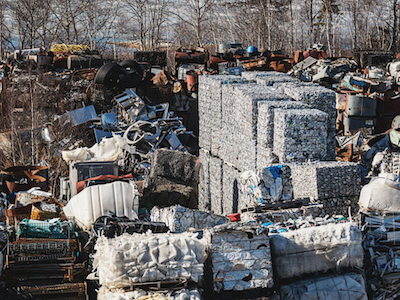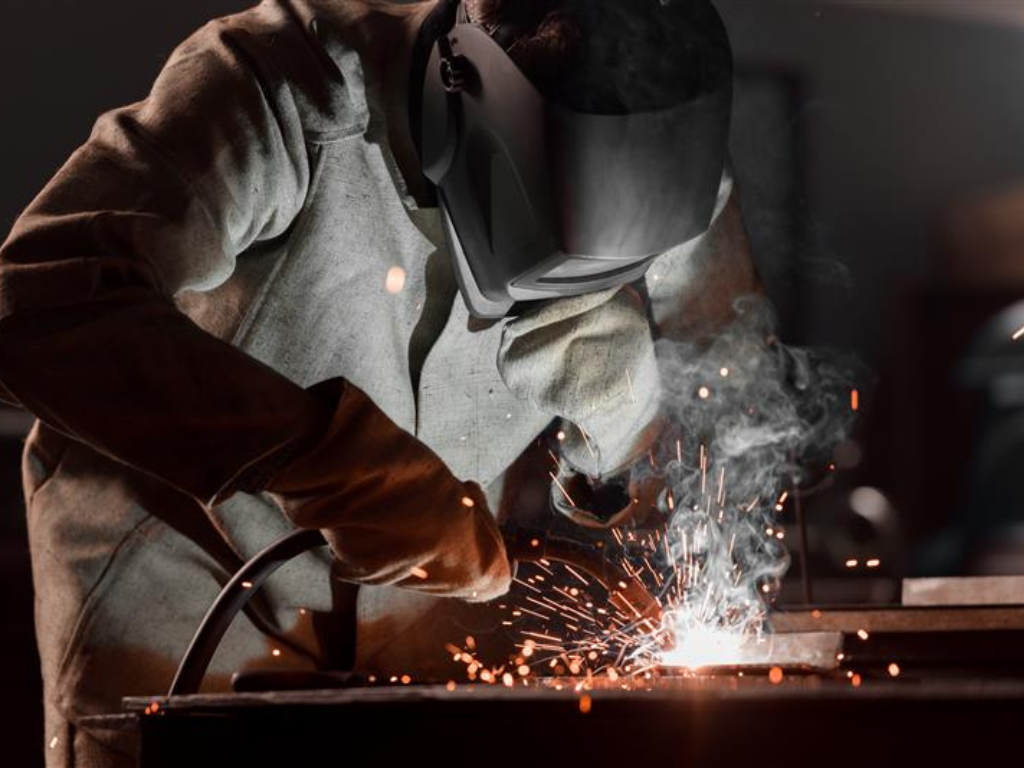Market

May 14, 2024
SMU: Biden boosts tariffs on Chinese imports, steel and aluminum hit hard
Written by Laura Miller
The Biden administration announced a series of actions on Tuesday targeting China’s “unfair” trade policies.
These actions will, among other things, make imports of steel and aluminum from the Asian nation even more prohibitive.
“Today’s actions to counter China’s unfair trade practices are carefully targeted at strategic sectors — the same sectors where the United States is making historic investments under President Biden to create and sustain good-paying jobs,” the White House said in a statement.
The move follows a review by the office of the U.S. Trade Representative (USTR) of Section 301 tariffs levied against China. Biden directed USTR Katherine Tai to increase those tariffs on imports of steel and aluminum, semiconductors, electric vehicles, batteries, critical minerals, solar cells, cranes, and medical products.
For steel and aluminum imports, the U.S. will raise the tariff rate from 0-7.5% to 25% this year. Tariffs on EVs will jump from 25% to 100%. And semiconductor tariffs will double to 50% by 2025. Other products will see similar tariff increases.
The move comes after Biden, while visiting the United Steelworkers (USW) headquarters last month, urged USTR to triple the tariffs.
“China’s policies and subsidies for their domestic steel and aluminum industries mean high-quality, low-emissions U.S. products are undercut by artificially low-priced Chinese alternatives produced with higher emissions,” the White House said.
“Today’s actions will shield the U.S. steel and aluminum industries from China’s unfair trade practices,” it added.
Steel and aluminum imports from China are already subject to Section 232 tariffs of 25% and 10%, respectively. Still, government data shows the U.S. imported 92,550 metric tons (102,019 short tons) of steel products from China in the first quarter of this year, including 7,870 metric tons of carbon and alloy flat-rolled products.
By combining the 301 and 232 tariffs, as well as any applicable antidumping and/or countervailing duties, Chinese steel and aluminum products should be uncompetitive in the U.S. market.
Domestic industry response
The president of the Steel Manufacturers Association, Philip K. Bell, was present at the White House when Biden, Tai, and Treasury Secretary Janet Yellen announced the measures Tuesday.
“The tariffs that President Biden announced today will go a long way toward ensuring American competitiveness by curtailing the dumping of cheap Chinese goods on our shores,” Bell said in a statement sent to Steel Market Update (SMU) on Tuesday.
He noted that SMA members “emit as little as one-fourth as much carbon emissions per ton of steel as their Chinese competitors.”
“Because American steelmaking produces half as much carbon emissions as Chinese steelmaking, the tariffs could also speed the decarbonization of the global steel industry,” Bell added.
The American Iron and Steel Institute (AISI) also cheered Biden’s tariff hike announcement.
“In particular, AISI is concerned that domestic automakers could easily be undercut by the heavily subsidized Chinese EV industry and welcomes the increased Section 301 tariffs on EVs and other clean energy products to address this threat,” AISI President Kevin Dempsey said in a statement.
Chicago-based Century Aluminum said the move provided “a clear and strong response to China’s unfair trade policies.”
Century’s President and CEO Jesse Gary said in a statement, “From electric vehicles to missiles, aluminum is a key component in most aspects of our modern economy and critical for our defense.”
“For my company, our workers, and others across this country, unfair trade is something that is very real. Today’s announcement creates the climate for business to succeed, investments to be made, jobs to be created, and workers to earn a good wage,” Gary said.





